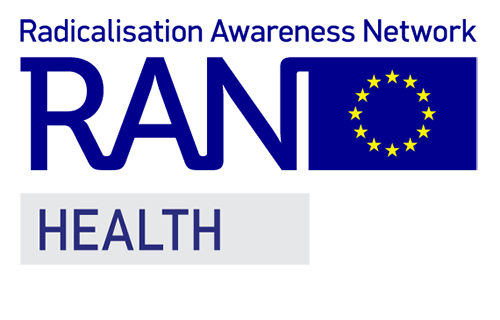
The meeting will take place in Bologna, Italy on 20 & 21 June 2023, lunch-to-lunch.
We are currently looking for suitable participants for the RAN Mental Health Working Group meeting on ‘Gender-sensitive approach in P/CVE focusing on trauma in men and boys’. This meeting will focus on how to deal with vulnerable individuals as a mental health practitioner working in P/CVE and especially on the effects of trauma on thoughts and behaviour of men and boys.
Context
Trauma can have a big impact on someone’s life when they do not have the tools to cope with it. Post-traumatic stress disorder (PTSD) could be secondary and unrelated to extremism or it could add to the complexity of the risk of extremism. For example, the symptoms helplessness and distress might heighten the resonance of extremist narratives because they help find meaning and comfort. The self-destructive tendencies might push an individual to the dangerousness and risks of terrorism. Or the mental health issues that are secondary to PTSD (e.g. depression, anxiety, stress and substance misuse) may push an individual to (violent) extremism. The relationship between PTSD and extremism may be multi-directional, preceding extremism as well as arising from extremism.
To be able to understand the issues and strengths of trauma survivors it is important to consider gender stereotypes and roles and cultural impact on symptom expression. The social or cultural context of an individual can strengthen or weaken the link between trauma and radicalisation, violence or violent extremism. Culture even impacts whether the concept of trauma is recognised as a mental health issue. Especially in men and boys the social concept of masculinity, not talking about your feelings, can be detrimental in dealing with trauma.
The goal of this meeting is to discuss how to recognise and deal with distress and trauma as a mental health practitioner working in P/CVE and how trauma impacts their P/CVE work. Furthermore, we will explore what influences symptom expression and experience of traumatic stress in men and boys, how this affects proneness to violence and extremism and how to take this into account when providing mental health support.
Call for participants
We are currently looking for experienced first line practitioners from the mental health sector working with radicalised individuals or in prevention of radicalisation. In order to find the best suited participants and to tailor the meeting content to the practitioners’ needs, we would like you to fill out this survey before 29 May 2023.
We will invite participants based on this information. Please keep in mind that we can only include a limited number of participants in this meeting in order to foster exchanges, so participation is not guaranteed. We will contact you on this beginning of June.
If you know other suitable participants for whom this meeting may be interesting, we encourage you to forward the call.
Do you have any further questions? Please do not hesitate to contact f [dot] deniz radaradvies [dot] nl (Feline Deniz).
radaradvies [dot] nl (Feline Deniz).
Please note this is a face-to-face event taking place in Bologna, Italy and requires travel. Your travel will be arranged by RAN. By applying for participation, you confirm your availability and willingness to travel for this meeting.
Sources
Details
- Publication date
- 4 May 2023
- Author
- Directorate-General for Migration and Home Affairs
- Location
- Bologna
